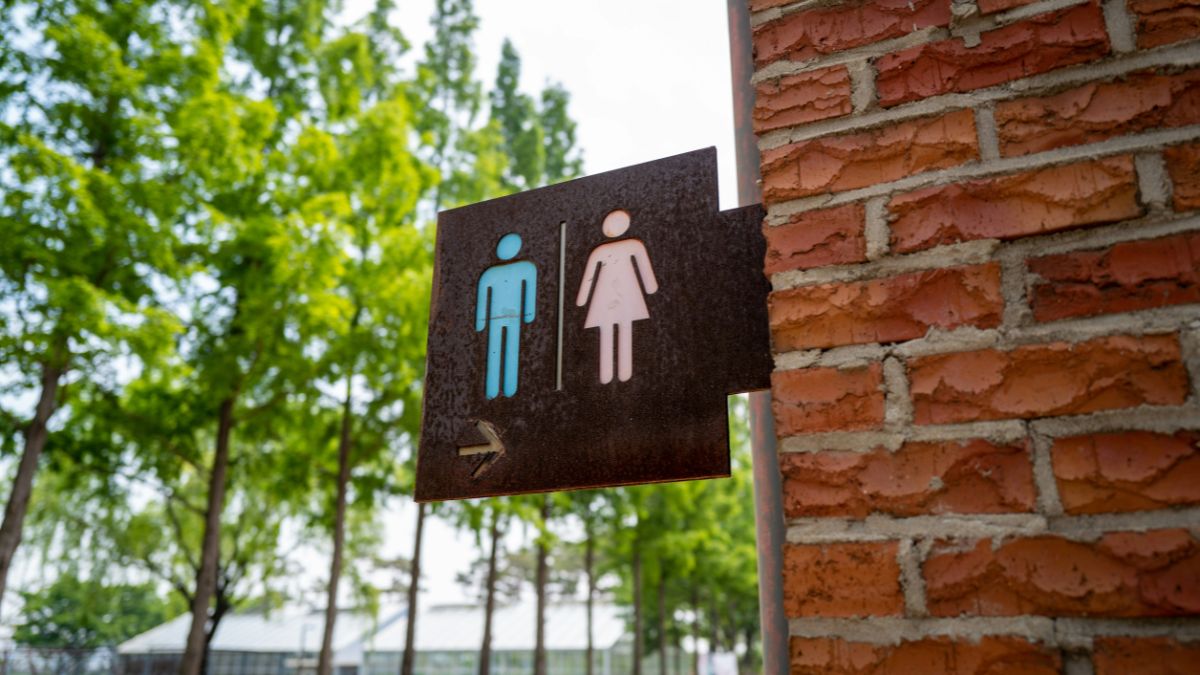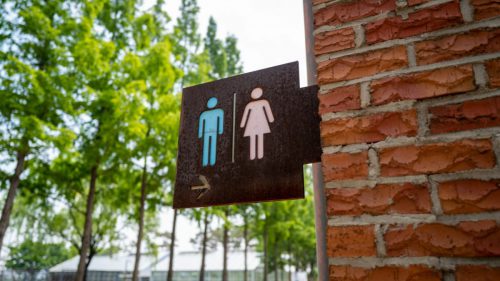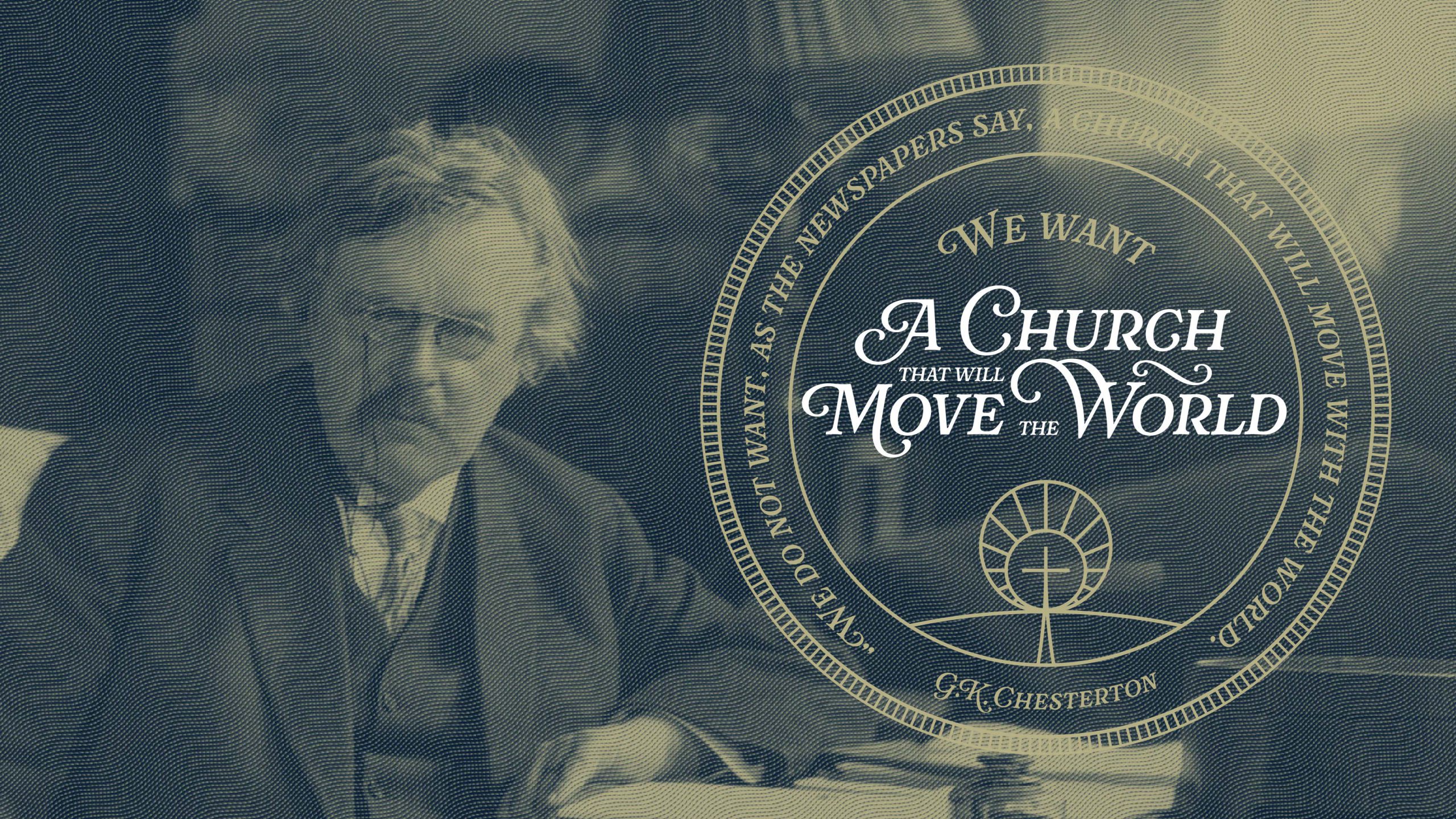

BreakPoint
Some Chinese Christians have been "tortured to death in prison using molten metal being poured over their heads," says Nina Shea of Freedom House's Center for Religious Freedom. White House sources confirm that President Bush discussed human rights violations against Christians when Chinese President Jiang Zemin visited him last month.
How widespread has persecution become? Missiologist David Barrett estimates that there may have been as many Christian martyrs in the twentieth century as in all nineteen previous centuries combined!
The organization Open Doors evaluates countries by their levels of persecution. Topping their list is North Korea, where Keston Institute, a British-based human rights group, says people caught with a Bible are "detained, tortured, sent to a re-education camp, or summarily executed."
Numbers three and four on the list are Marxist countries also: Laos and Vietnam. Number two is Saudi Arabia, site of Islam's sacred cities, Mecca and Medina. Arrests, torture, and prison are common, and the death penalty can be imposed for converting from Islam to another religion.
For several years, Christians applauded a new openness in the former Soviet Union. But, according to the Keston Institute, that has monitored the region for decades, things are changing. Headlines on its Web page include "Belarus: Repressive Religion Law Gets President's Signature," "Uzbekistan: [Is] Being Protestant a Crime?" and "Russia: Escalation in Missionary Expulsions."
The Russian Federation requires religious congregations to register. The process is long and cumbersome, and bureaucrats use any pretext to refuse legitimacy. One group "was refused for not including page numbers on a document." And registration doesn't mean that much. Even after registering, the Moscow Salvation Army was disbanded by court order.
In some countries, the problem may not be official persecution, but populist vigilantes. Compass Direct reports five anti-Christian assaults in Pakistan in the past thirteen months, with radicals "targeting Christians in retaliation for President Musharraf's support for the U.S. war on terrorism." Last month after a Karachi court released a Christian who had survived a massacre, a contingent of the police force re-arrested him. One local paper reported, "The police beat up and abused his lawyers when they tried to prevent their client from being taken away."
These are great evils and grave injustices. God tells us in the book of Hebrews, "Remember those in prison as if you were their fellow prisoners, and those who are mistreated as if you yourselves were mistreated" (Hebrews 13:3, NIV). We have a responsibility to pray for persecuted Christians throughout the world and, as we're able, to work for human rights.
For further information about persecution of Christians, read the links we've provided on our BreakPoint Website (www.BreakPoint.org). Then participate in the International Day of Prayer for the Persecuted Church this Sunday -- individually, as a family, in your Sunday school class, and in church. Speak to your pastor: Ask him to lead the congregation in prayer.
As you learn the magnitude of the persecution that our Christian brothers endure worldwide, you may decide to join the numerous Christians who will be praying during the entire week of November 10 through 17. Or, even better, pray all year long.
Remembering the Mistreated
Some Chinese Christians have been "tortured to death in prison using molten metal being poured over their heads," says Nina Shea of Freedom House's Center for Religious Freedom. White House sources confirm that President Bush discussed human rights violations against Christians when Chinese President Jiang Zemin visited him last month.
How widespread has persecution become? Missiologist David Barrett estimates that there may have been as many Christian martyrs in the twentieth century as in all nineteen previous centuries combined!
The organization Open Doors evaluates countries by their levels of persecution. Topping their list is North Korea, where Keston Institute, a British-based human rights group, says people caught with a Bible are "detained, tortured, sent to a re-education camp, or summarily executed."
Numbers three and four on the list are Marxist countries also: Laos and Vietnam. Number two is Saudi Arabia, site of Islam's sacred cities, Mecca and Medina. Arrests, torture, and prison are common, and the death penalty can be imposed for converting from Islam to another religion.
For several years, Christians applauded a new openness in the former Soviet Union. But, according to the Keston Institute, that has monitored the region for decades, things are changing. Headlines on its Web page include "Belarus: Repressive Religion Law Gets President's Signature," "Uzbekistan: [Is] Being Protestant a Crime?" and "Russia: Escalation in Missionary Expulsions."
The Russian Federation requires religious congregations to register. The process is long and cumbersome, and bureaucrats use any pretext to refuse legitimacy. One group "was refused for not including page numbers on a document." And registration doesn't mean that much. Even after registering, the Moscow Salvation Army was disbanded by court order.
In some countries, the problem may not be official persecution, but populist vigilantes. Compass Direct reports five anti-Christian assaults in Pakistan in the past thirteen months, with radicals "targeting Christians in retaliation for President Musharraf's support for the U.S. war on terrorism." Last month after a Karachi court released a Christian who had survived a massacre, a contingent of the police force re-arrested him. One local paper reported, "The police beat up and abused his lawyers when they tried to prevent their client from being taken away."
These are great evils and grave injustices. God tells us in the book of Hebrews, "Remember those in prison as if you were their fellow prisoners, and those who are mistreated as if you yourselves were mistreated" (Hebrews 13:3, NIV). We have a responsibility to pray for persecuted Christians throughout the world and, as we're able, to work for human rights.
For further information about persecution of Christians, read the links we've provided on our BreakPoint Website (www.BreakPoint.org). Then participate in the International Day of Prayer for the Persecuted Church this Sunday -- individually, as a family, in your Sunday school class, and in church. Speak to your pastor: Ask him to lead the congregation in prayer.
As you learn the magnitude of the persecution that our Christian brothers endure worldwide, you may decide to join the numerous Christians who will be praying during the entire week of November 10 through 17. Or, even better, pray all year long.
For further reading and information:
Learn more about the "International Day of Prayer for the Persecuted Church" from International Christian Concern.
BreakPoint commentary no. 020909, "Good News in Afghanistan: Monitoring Radio's Reach."
Nina Shea, In the Lion's Den (Broadman & Holman, 1997).
Learn more about Open Doors and the Center for Religious Freedom. And take a stand against persecution of Christians around the world at Stand Today.
The Keston Institute monitors freedom of religion and researches religious affairs in communist and post-communist countries.
"Defenders of the Church," a "BreakPoint This Week" interview with journalist A. M. Rosenthal and student activist Kristin Wright, is available on CD.
David Brody, "Human Rights in China Discussed, Sources Say," Family News in Focus, 28 October 2002.
Rich Guider, "Brother Andrew: The Call of the Suffering Church," Crosswalk.com.
Read news about Christian persecution in China from International Christian Concern.
Read news on the Church around the world from Tyndale House Publishers.
David Barrett, George Kurian, and Todd Johnson, World Christian Encyclopedia (second edition) (Oxford University Press, 2001).
"Eyewitness to Evil," a "BreakPoint This Week" interview with German physician Dr. Norbet Vollertsen.
09/8/06















